Americans are redefining their morning ritual, and it's not just about caffeine anymore. Mushroom coffee has exploded from a niche wellness product to a mainstream phenomenon, with search interest growing 33% over the past year and reaching 903,000 monthly searches. But what's driving this surge in popularity, and is this trend more than just marketing hype?
The Rise of Functional Coffee Culture
The mushroom coffee market tells a compelling story of American consumer evolution. Valued at $3.23 billion in 2025, this market is projected to reach $5.29 billion by 2034, with the US leading North America's dominant 29% global market share. This isn't just another health fad—it's a fundamental shift in how Americans approach their daily caffeine fix.
"Consumers are no longer just looking for caffeine – they're looking for coffee that does more," explains industry analysis from Tastewise. The pandemic accelerated this transformation, with 61.59% of consumers now choosing food and drinks that support energy and focus.
Beyond the Buzz: What's Actually in Your Cup
Unlike your typical morning brew, mushroom coffee blends traditional coffee beans with powdered medicinal mushrooms like lion's mane, chaga, reishi, and cordyceps. The result? A coffee with roughly half the caffeine content—about 48-50mg compared to regular coffee's 96mg—but packed with adaptogens and nootropics.
Dr. Matthew Landry, a registered dietitian nutritionist at UC Irvine, notes that this reduced caffeine content means "less jittery feelings, especially as we age," while potentially addressing dehydration concerns for older adults who may not drink enough water throughout the day.
The Science Behind the Hype
While the marketing promises are bold, the research tells a more nuanced story. A 2023 review in the journal Molecules found that medicinal mushrooms contain compounds that may help prevent cancer, manage diabetes, regulate the immune system, fight obesity, and slow aging. However, experts caution that "the hype around mushroom coffee has outpaced the research".
Fans report experiencing reduced caffeine jitters, more balanced energy levels, and enhanced focus and cognition, but registered dietitians suggest that if you're seeking mushroom benefits specifically, "it's more affordable to get mushrooms' advantages by eating them in food form instead".
Cultural Momentum Meets Market Reality
Social media has been instrumental in mushroom coffee's rise, with the hashtag #mushroomcoffee garnering over 10 million TikTok views. This aligns with broader cultural shifts toward biohacking, longevity-focused lifestyle choices, and the 48% of Gen Z who drink coffee daily.
However, challenges remain. The higher price point and unfamiliar flavor profile create barriers for traditional coffee drinkers. Success in this market requires brands to "educate consumers, deliver on flavor and maintain transparency every step of the way".
The Verdict for American Coffee Lovers
Mushroom coffee represents more than a trend—it's evidence of Americans' desire to upgrade familiar routines with functional benefits. While the scientific jury is still out on many health claims, the market momentum suggests this alternative brew has found its place in the American coffee culture.
For consumers considering the switch, mushroom coffee offers a gentler caffeine experience with potential wellness benefits, though at a premium price. As the market matures and research develops, this fungi-infused phenomenon may well become a permanent fixture in America's evolving relationship with coffee.
Whether mushroom coffee delivers on all its promises remains to be seen, but one thing is sure: Americans are ready to reimagine what their morning cup can do.



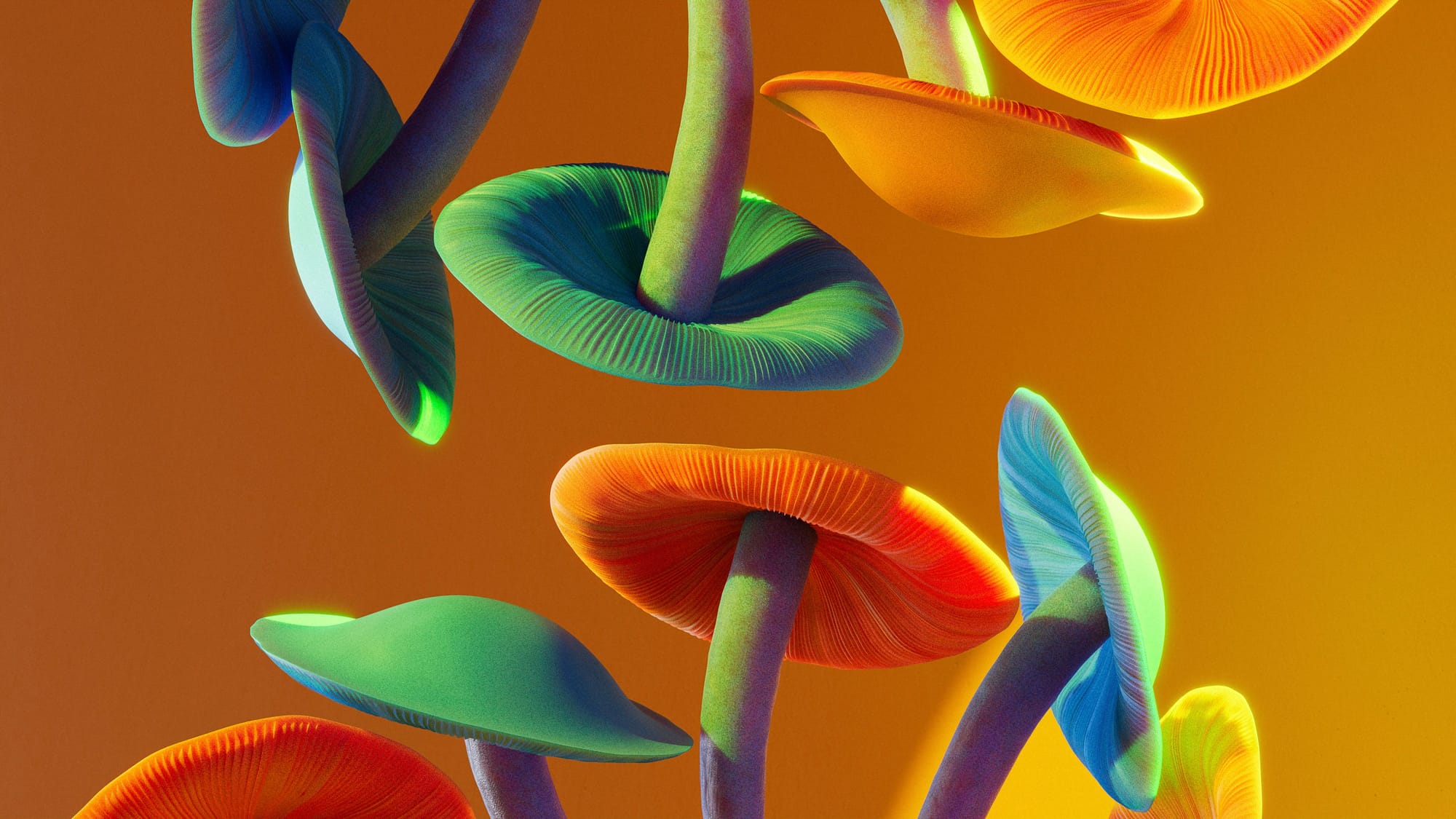
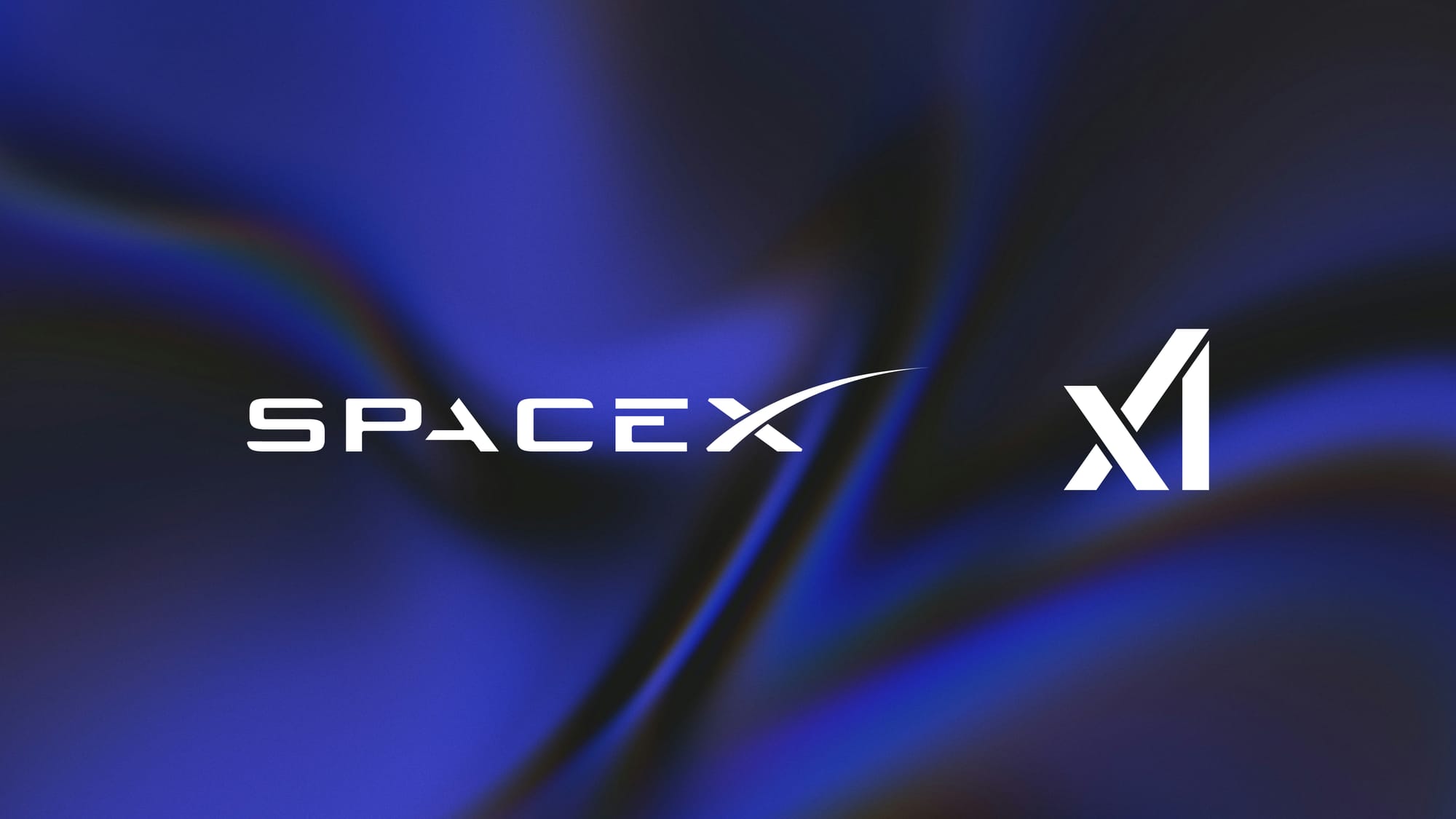
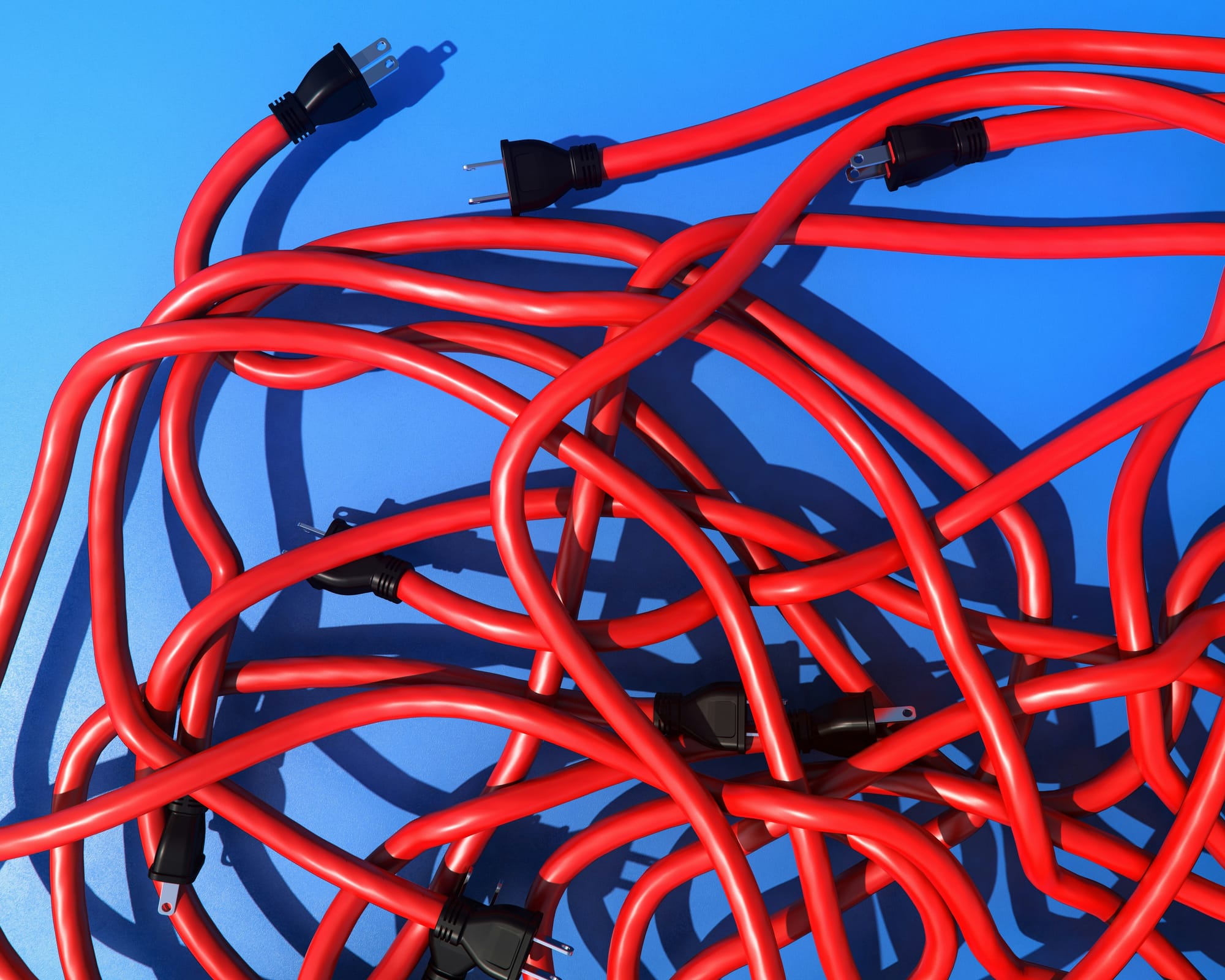
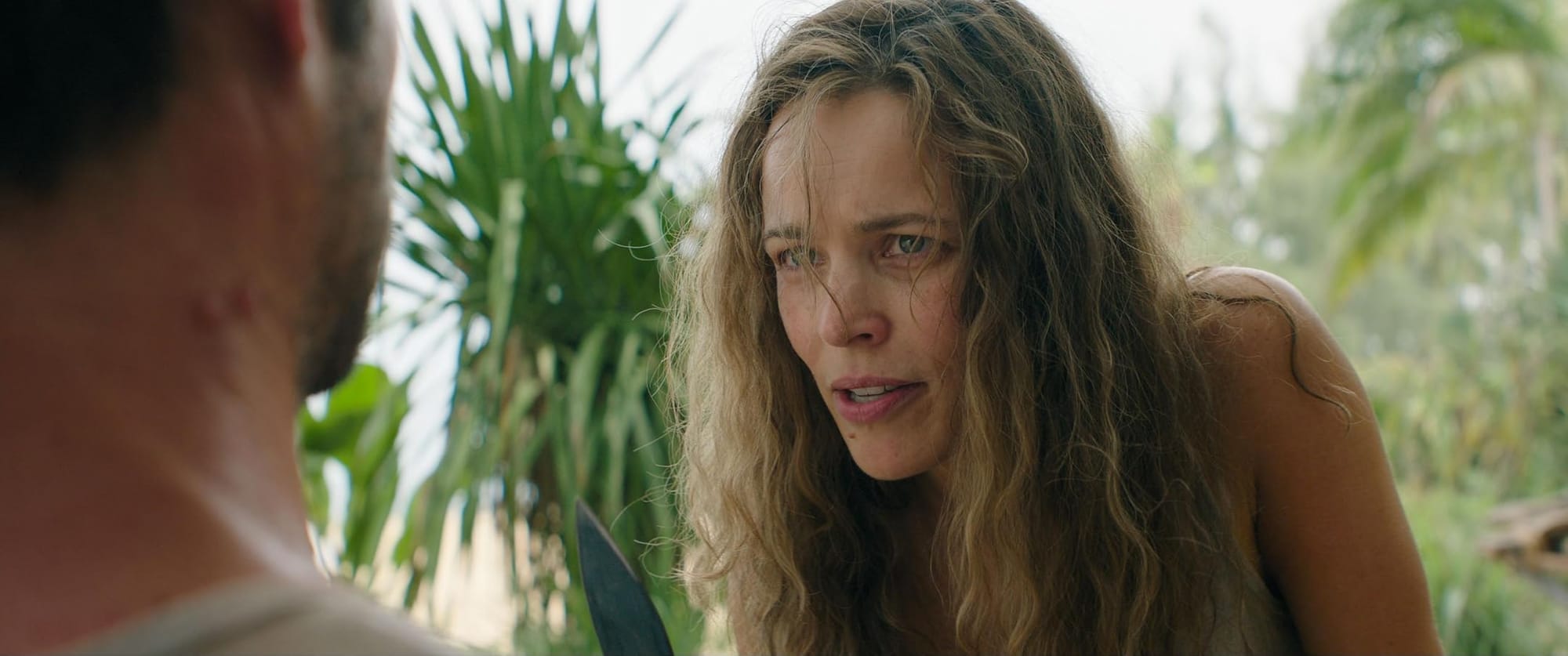
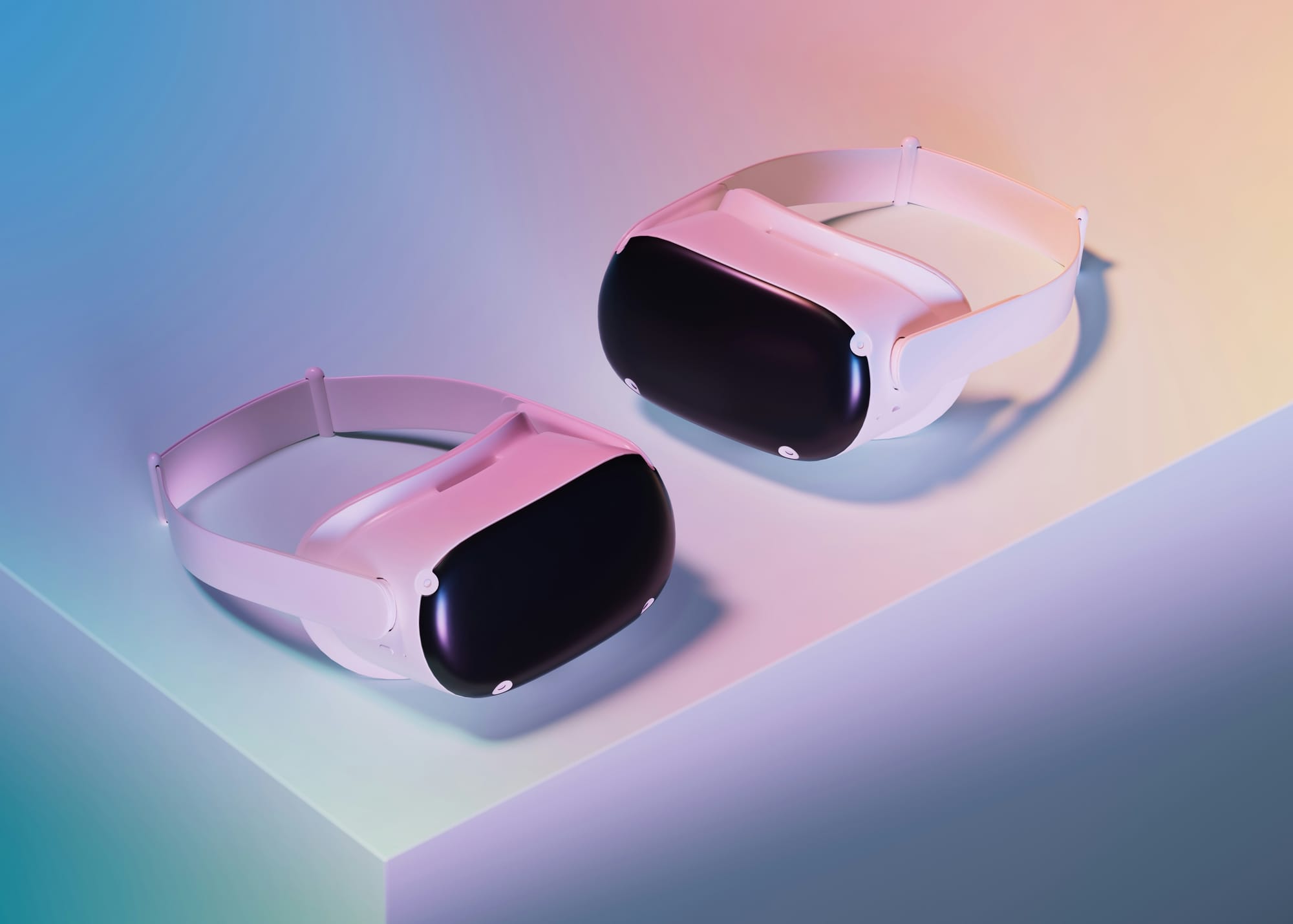

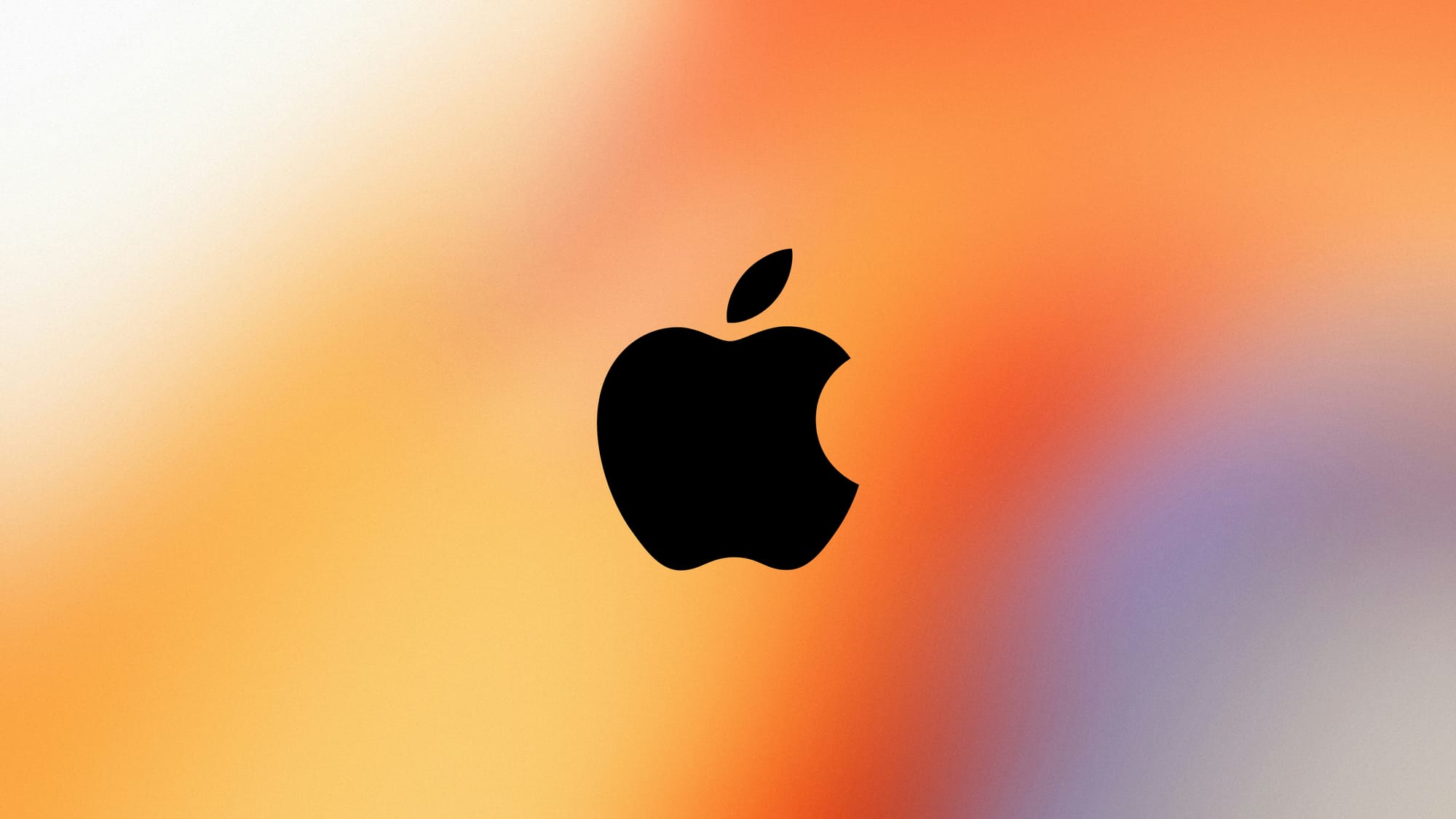
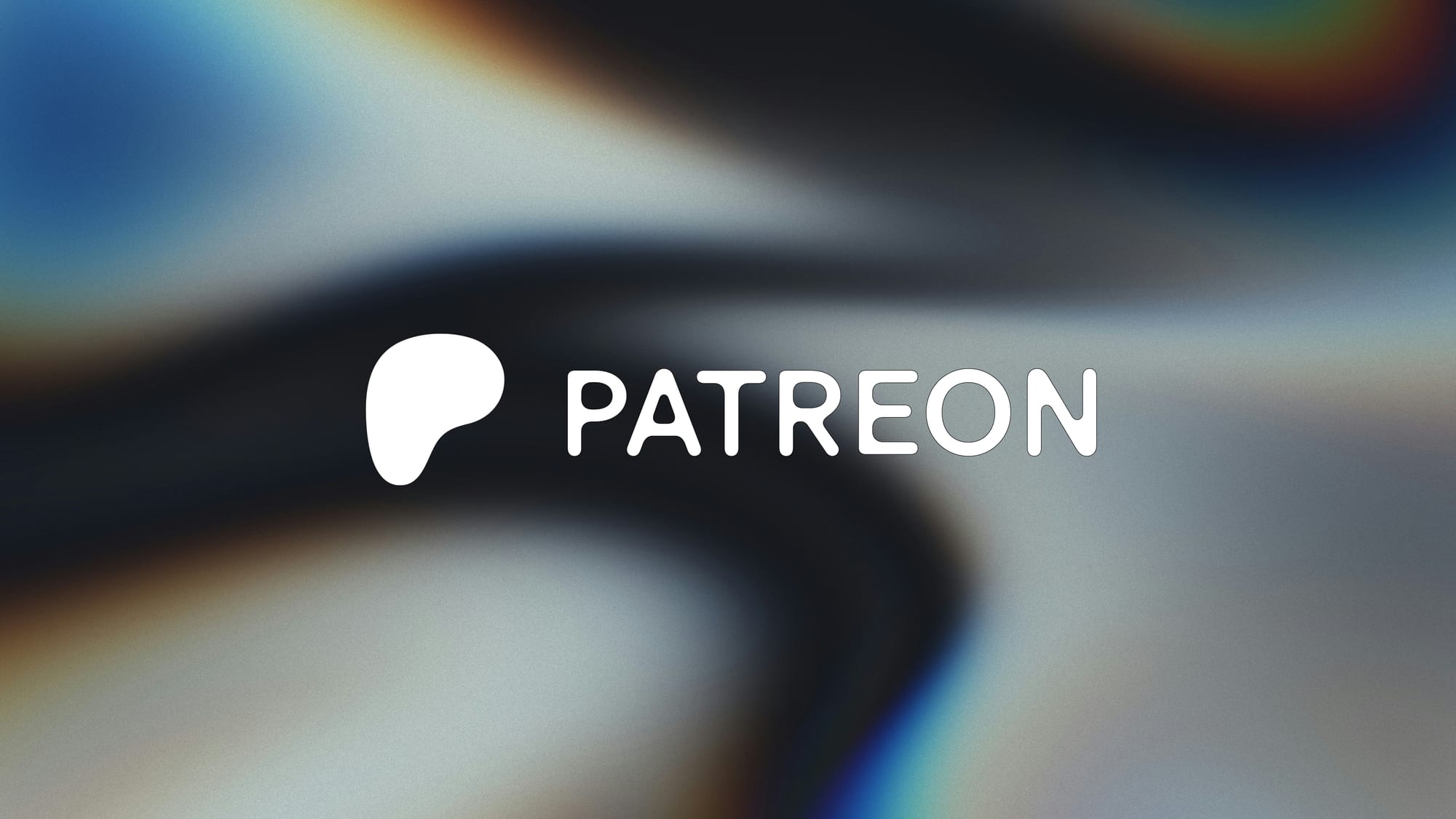


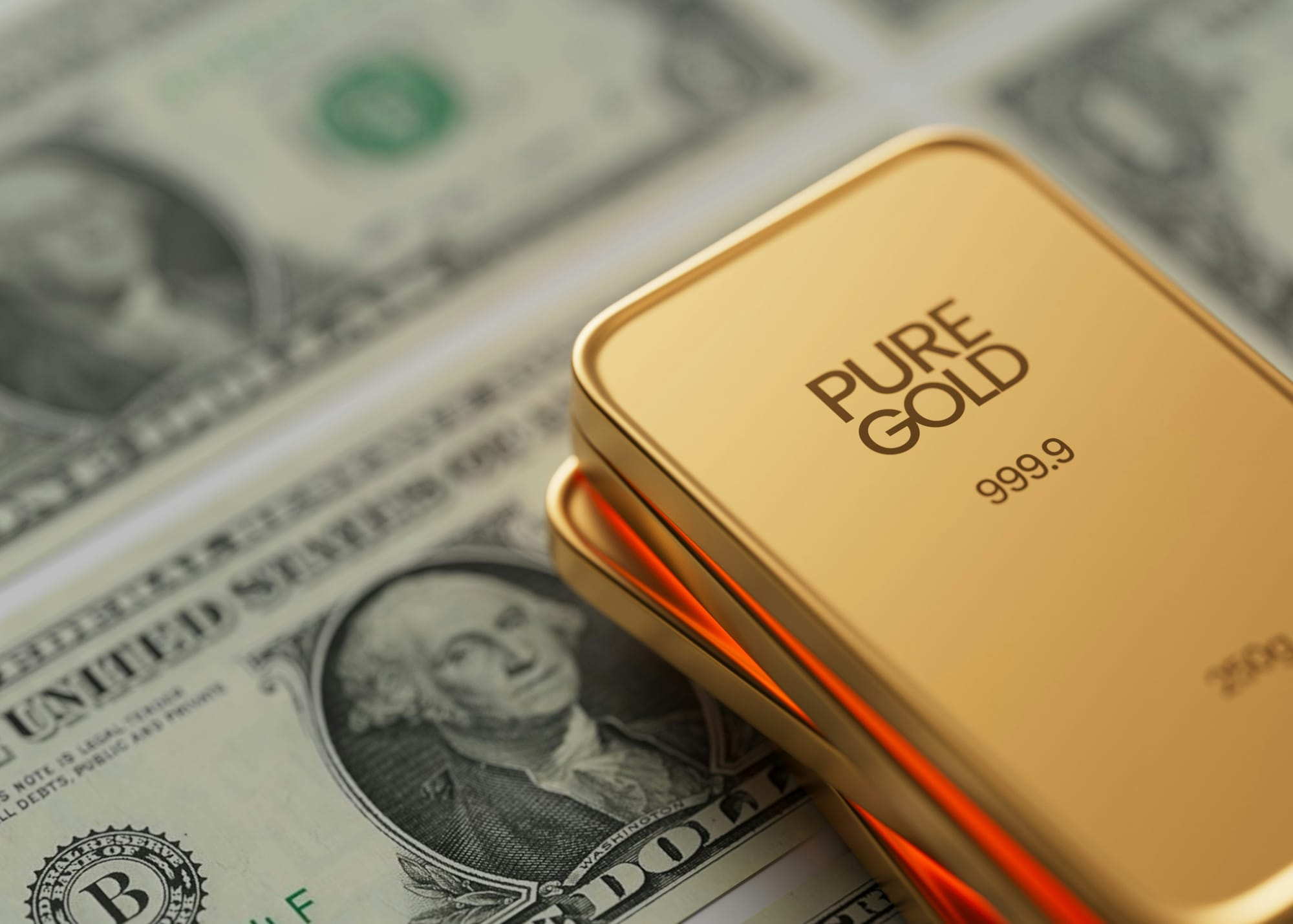
Discussion